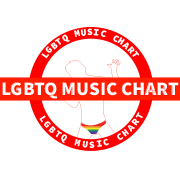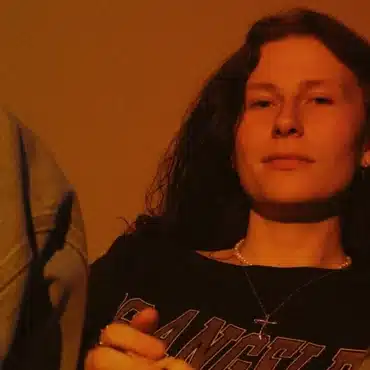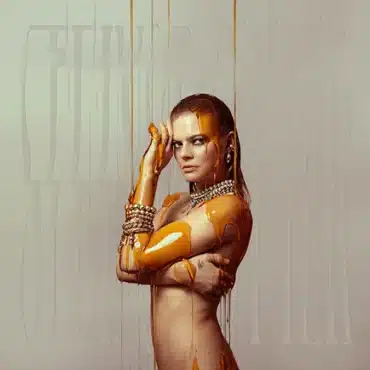Listeners:
Top listeners:
-
 play_arrow
play_arrow
107 Meridian FM Live local, love local!
-
 play_arrow
play_arrow
Essential Radio Essential Radio from Ayrshire College is a 24/7 music-led radio station
-
 play_arrow
play_arrow
G-Town Radio G-Town Radio: Your Town Your Radio station
-
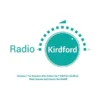 play_arrow
play_arrow
Radio Kirdford Radio Kirdford - Kirdford's Number 1 for Greatest Hits Online!
-
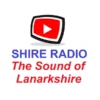 play_arrow
play_arrow
Shire Radio The Sound of Lanarkshire
-
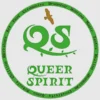 play_arrow
play_arrow
Sanctity of Sound Sanctity of Sound
New Nordic collaboration aims at improving the conditions for female, non-binary and transgender producers in the music industry
today27/04/2021 13
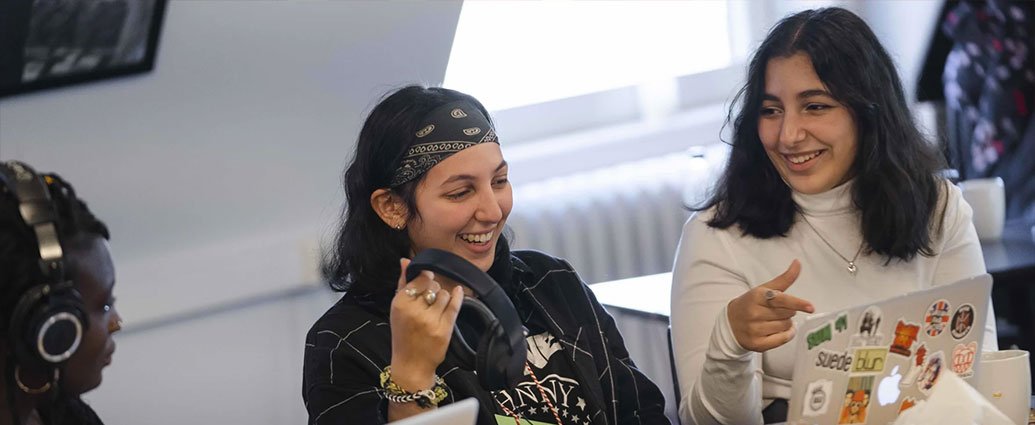
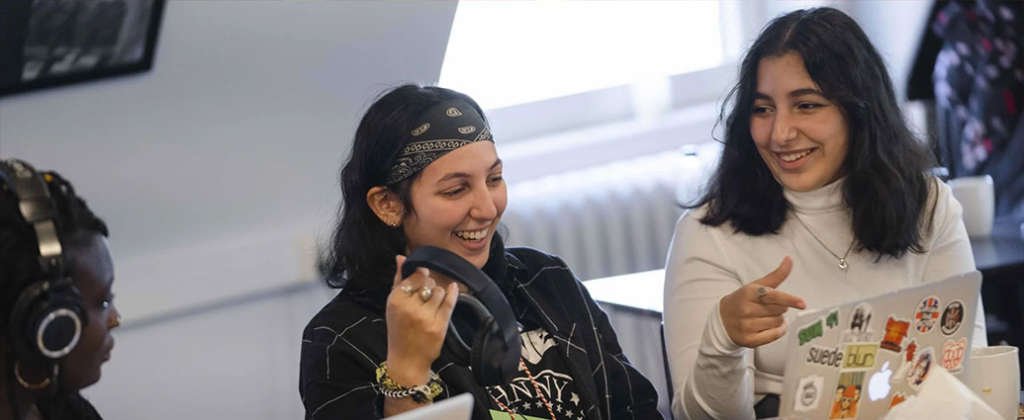
The gender balance in the recording industry doesn’t look good, to say the least.
A recent U.S. study shows that in the Hot 100 Year-End Charts in 2020 there were 198 producers credited of which 98 per cent were men and only 2 per cent were women. In a bigger picture of the Hot 100 songs examined, a six-year sample found 1,291 producers credited of whom only 2.6 per cent were women, which gives a ration of 38 men to every 1 female producer. For non-binary producers, the numbers are so small that they are hard to find and in the mentioned research, none of the artists examined identified as gender non-conforming or non-binary.
In the Nordic countries there is a similar pattern, and the negative effect on the quality and creativity in the music industry is evident. Representation matters, and right now young girls and non-binary persons have very few persons to identify with when it comes to music tech. This is the background to 3C (meaning Connect // Compress // Change) a project funded by the EU and Nordisk Kulturfond. The project aims at increasing the number of young women and non-binary persons in music production.
3C is a new collaboration between three Nordic organisations – Fryshuset in Sweden, JMN in Norway and Rapolitics in Denmark – that will carry out activities in each country to strengthen the position of young women and non-binary persons in the world of music production. The aim of the project is to contribute to a more varied, equal and creative Nordic music industry. The 3C project will involve girls and non-binary persons aged 13-25 years as well as female and non-binary leaders, educators, music business representatives and role models within music production.
«3C is an important project for young girls and non-binaries’ opportunity to discover, and be able to develop in, music production. It is also a unique chance for us at Fryshuset to influence a male-dominated industry, which all the young people we meet are inspired by. We are now making our own music business more equal and are looking forward to more young girls and non-binaries starting to take their place as music producers», says Ulrica Wallin, Manager at Fryshuset in Gothenburg.
All three organisations are selected based on their large networks, commitment to both music and young people and their capacity to carry out larger projects. Furthermore, each organisation has previously worked with – or are currently working with – the issue of gender equality in music.
«Producers are gate keepers in the music industry – they can decide who gets the opportunity to record their music, and they influence the musical expression of the artists they work with. More equality and diversity in these roles is an important step for the whole industry. How can we reach new groups and create enthusiasm for music production? We are excited to share and Iearn more about this through the Nordic partnership», Says Sofie Søndervik Sæther, Project leader at JM Norway.
«Denmark seems a bit behind when it comes to inclusion and representation in the recording industry compared to our neighbouring countries, but these past years we’ve seen a greater demand for change that the industry seems more suited for now than just five years ago. It’s as inspiring as it’s much needed. We’re super excited to be part of the movement and see great strength in having a cross-Nordic collaboration with such competent partners as JMN and Fryshuset», says Nikoline Skaarup, Communication Manager for Rapolitics.
3C project goals
The end goals of the project, that finishes by the end of 2023, are:
- That more young women and non-binary persons have the tools and better access to the opportunity of working as music producers.
- That the view that music production is something that only boys do has changed radically
- That there is a bigger community and more platforms for women, non-binary persons and organisations to feel supported.
- That more female and non-binary music producers have become visible through presentations and gigs.
In order to reach these goals, the three organisations will develop both toolkits and handbooks to increase the recruitment of young girls and non-binaries into music production and educate music teachers on creating safe spaces as well as positive and engaging environments for female and non-binary music producers. Throughout the project period several seminars and network meetings will be hold for both future producers, music industry stakeholders and music educators in each as well as across all countries.
Photo : 3C is funded by the EU and Nordisk Kulturfond and initiated by Fryshuset (SE), JM Norway (NO) and Rapolitics (DK). Photo from JM Norway. Photo by Helene Michaelsen
Written by: News Room
3C Denmark EU female Fryshuset JM Norway music industry Nikoline Skaarup non-binary Nordisk Kulturfond Norway Rapolitics Sofie Søndervik Sæther Sweden transgender Ulrica Wallin
Similar posts
Upcoming radio shows
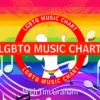
LGBTQ Music Chart radio show – 107 Meridian FM
17:00 - 18:00

LGBTQ Music Chart radio show – Essential Radio
18:00 - 19:00

LGBTQ Music Chart radio show – G-Town Radio
19:00 - 20:00

LGBTQ Music Chart – South Devon Sound
21:00 - 22:00

LGBTQ Music Chart radio show – Shire Radio
23:00 - 00:00
Latest LGBTQ Music News

«Outed on Friday! – Week 30 – 2024: New Music, Voting, Artists, and More!»

Dirty Pop: The Boy Band Scam That Shook the Music Industry

Catch Up on the LGBTQ Music Chart Radio Show – Week 29 2024

Pandora Boxx’s New Album «Boxx»: A Journey of Personal and Musical Growth

The LGBTQ Music Chart – Week 29 – 2024 – The sound of the LGBTQ community!
Outed on Friday!
Categories
Spotify
Apple Music
Copyright © 2018 - 2024 LGBTQ Music Chart - All Rights Reserved.
